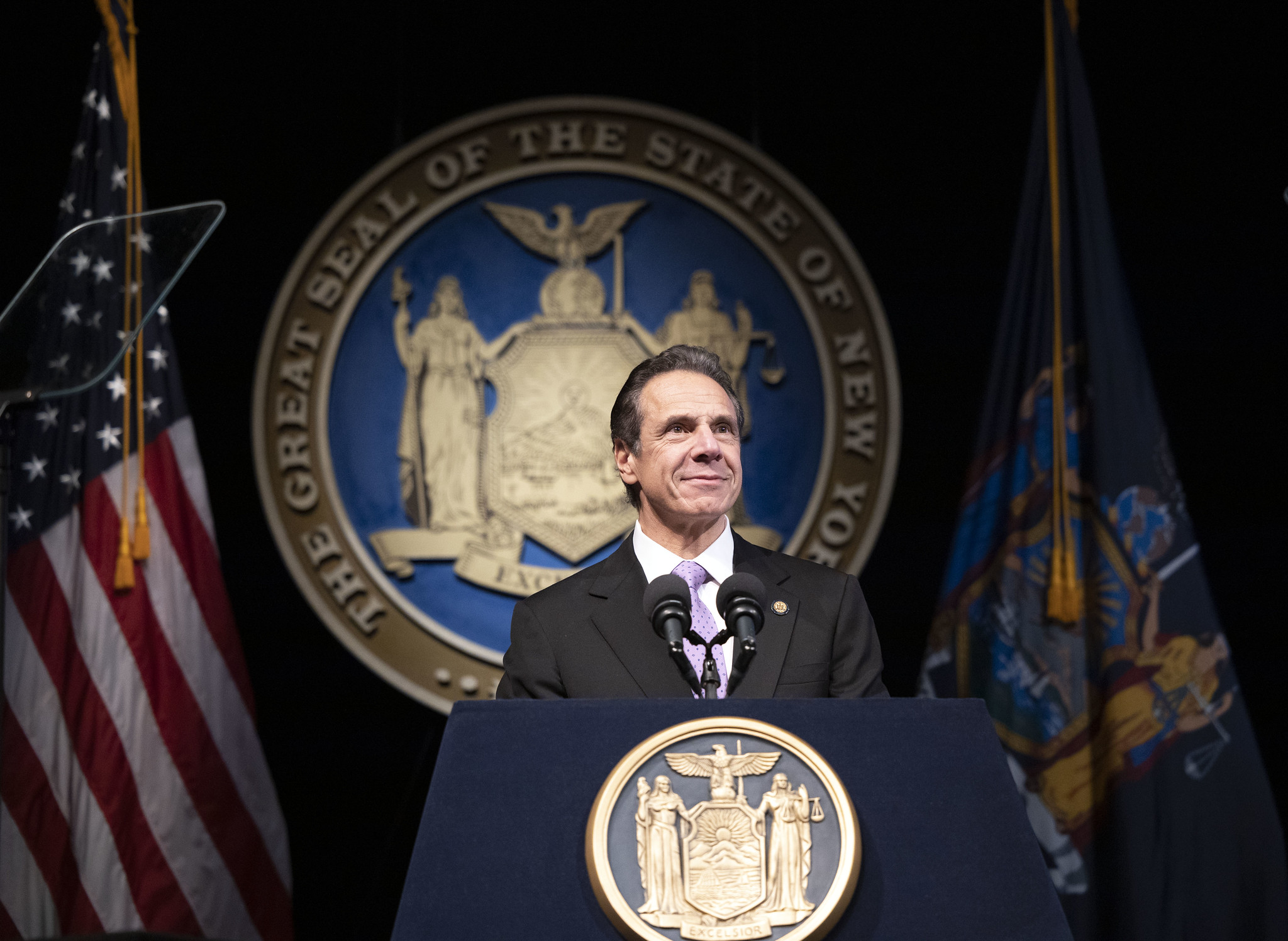Bail reform backlash

Photo from Gov. Andrew Cuomo/Flickr
Opponents push for changes to new law
BOROUGHWIDE — A major backlash against New York State’s controversial bail reform law is showing signs of growing as elected officials, including Gov. Andrew Cuomo, look for ways to amend the brand new statute amid cries that it is sending dangerous criminal suspects back onto the streets.
In the latest twist, Cuomo mentioned the bail reform law in his address outlining the executive budget on Tuesday and said he is open to making changes. The governor also told CBS 2 News reporter Marcia Kramer in a recent interview that he believed something should be done. “We will do whatever’s necessary to do,” he told Kramer. “I think something is necessary. The question is what.”